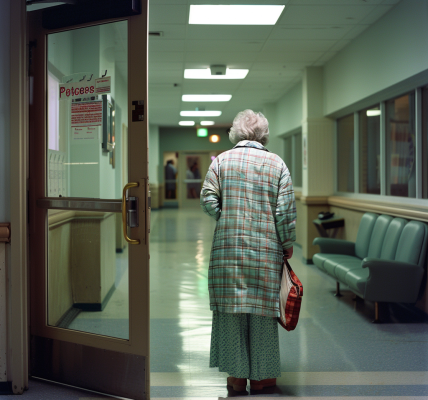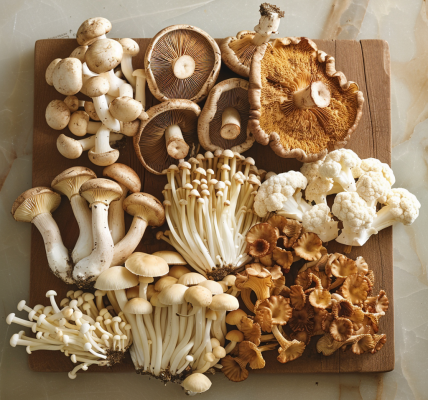After years of being prescribed the pill to deal with her PCOS, writer Fani Mari decided to give myo-inositol a go. Just a few weeks later, her periods came back…
Hormonal health may be a massive trend right now, but it’s something I’ve struggled with for years. I’m among the one in 10 women in the UK living with polycystic ovary syndrome (PCOS). My condition hasn’t been taken seriously by doctors – and still isn’t. Often, the only medication many people with PCOS are offered by GPs is the pill, which is treated like some kind of hormonal cure-all when, in reality, it simply masks some of the symptoms (like having an irregular cycle).
It wasn’t until I took matters into my own hands that I found a way of significantly reducing my own symptoms.
We know the pill can have a detrimental effect on some people’s mental and physical health, but millions of women also swear by hormonal contraception for improving acne, levelling out mood and offering a simple form of birth control.
For those of us with PCOS, however, those artificial hormones do nothing in terms of rebalancing our out-of-kilter sex hormones, improving our insulin sensitivity (often a key issue) or reducing the overproduction of cortisol by our adrenal glands (another common problem).
What is PCOS?
To take a step back for a moment, PCOS is a hormonal disorder characterised by a variety of symptoms. Dr Amit Shah, gynaecologist and co-founder of Fertility Plus, tells Strong Women that these include polycystic ovaries (cysts that form on the ovaries in a pearl necklace formation), insulin resistance, menstrual irregularities and elevated androgen levels, which can present as acne or excessive hair growth (hirsutism).
“It’s a complex condition related to insulin resistance and raised insulin blood levels (hyperinsulinemia),” explains fellow gynaecologist Dr Pavan Minhas.
Can you cure PCOS?
Like other metabolic diseases (eg type 2 diabetes), it’s possible to reverse PCOS symptoms to a point where you no longer experience signs day to day. That doesn’t mean, however, that you can be cured completely.
“Identifying the underlying driver of the PCOS you have is game-changing, as you can get to the root cause and find the right treatment plan through diet and lifestyle,” says Jessica Shand, naturopathic nutritionist and founder of Eat, Nourish and Glow.
3 common types of PCOS
Insulin-resistant PCOS (the most common)
Adrenal PCOS
Post-pill PCOS
“Too much insulin can impair ovulation and cause your ovaries to make testosterone instead of oestrogen. It can stimulate your pituitary gland to make more luteinising





